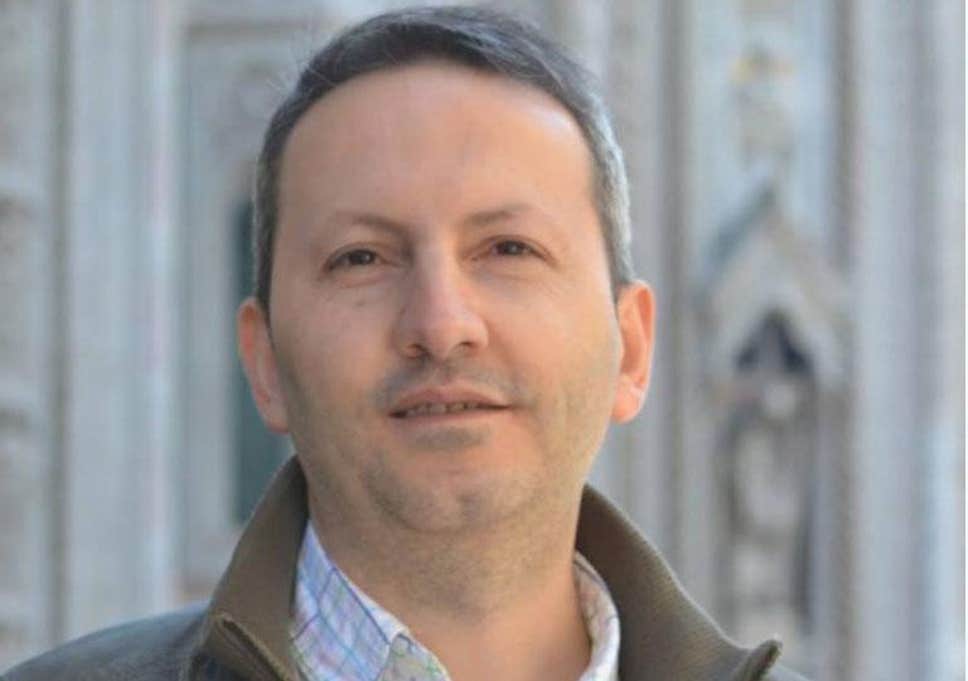A legislative proposal for a treaty between Belgium and Iran on the transfer of convicted persons was approved on Wednesday by the foreign affairs committee of the Belgian federal parliament and will be put to the vote by the full plenary on 14 July.
A majority in the committee voted in favor of the proposal but it met also opposition in the parliament by rightist and leftist parties, with nationalist N-VA voting against it, and far-right Vlaams Belang and socialist PTB abstaining. As previously reported, the proposal was considered controversial because it appeared to condone “hostage diplomacy”.
Protestors against the proposal had their own reasons. Iranian exile groups demonstrated against it in Brussels. Kurdish organisations sent a protest letter to the parliament. Amnesty International raised human rights concerns. American conservative politicians protested against a prisoner exchange which could see an Iranian diplomat convicted for terrorism released from Belgian prison.
Judicial cooperation between governments on transfer of sentenced persons should not be confused with exchange of prisoners taken as hostages by terrorist organisations. The US and EU member states have agreed to such exchanges on multiple occasions or paid ransom for the release of their citizens. One of the most known cases was the prisoner exchange between Israel and Hamas in 2011.
An Israeli soldier, Gilad Shalit, had been taken hostage by Hamas in 2006 during a raid via a tunnel under the Gaza-Israel border. After secret negotiations and under pressure by the public opinion and Shalit’s family, Israel released more than 1,000 prisoners convicted for terrorist attacks in exchange for his release. Hundreds of them had been sentenced to life in prison.
In defending the proposed treaty, Belgian Justice Minister Vincent Van Quickenborne argued that human lives are at stake. The treaty aims at protecting Belgian citizens and has received a positive opinion from the Belgian security services. "If the bill is not fully approved, the threat to Belgian interests and certain Belgian citizens will increase," he said.
The treaty has been described as exceptional but is part of a legislative proposal which also includes similar agreements with India and the United Arab Emirates. From that point of view, the Belgium-Iran treaty is a standard treaty allowing Iranians convicted in Belgium to serve their sentences in their home country, and vice versa, according to the conditions specified in the treaty.
In the introduction, the proposal explains that the treaties should be seen as instruments for international cooperation in criminal matters, aiming at strengthening Belgium’s foreign policy as regards cross-border crime, including the fight against terrorism, drugs, arms and human trafficking. The conditions in the treaties will ensure respect of fundamental rights, according to the proposal.
The idea is that a sentenced person in one country might be transferred to the other country to serve the remainder of his sentence there. The transfer requires the consent of the sentenced person and the agreement of both countries concerned. The act for which a person was sentenced in one country must also be criminalized in the other country.
The country to which a convicted person is transferred cannot increase the duration of the sentence but may adapt it to its own legislation or grant pardon or amnesty. This is one of the concerns if the Iranian diplomat Asadollah Assadi would be returned to Iran. A Belgian court sentenced him to 20 years in prison for his involvement in a failed terrorist attack against a gathering in Paris of the Iranian opposition.
The Belgian citizen which might be the first one to benefit from the proposed treaty is Olivier Vandecasteele, a graduate of KU Leuven and an a former aid worker for the Norwegian Refugee Council. Currently he works for Relief International as Country Director for Iran. He was arrested on 24 February when visiting Teheran, accused of spying, but has not been sentenced yet for any crime.
Another person in Iranian prison and related to Belgium is Ahmadreza Djalali, a Swedish – Iranian guest lecturer at VUB in Brussels. He was arrested on 26 April 2016 by the Iranian security police when visiting Teheran to participate in a workshop in disaster medicine.
Djalali, today 51, and married with two children, was accused of cooperation with hostile states and espionage for Israel but no evidence was ever presented to support the allegations. He was sentenced to death on 21 October 2017. UN observers stated that the trial was unfair and called on Iran to cancel the death sentence and release Djalali. Iran threatens that his execution is imminent.
There have been speculations in media that Djalali might be released in a prisoner swap with Assadi. However, a spokesperson of the Belgian ministry of justice told The Brussels Times on Friday that the proposed treaty applies to Belgian citizens only. Ahmadreza Djalali has double Swedish-Iranian citizenship and it would be Sweden’s responsibility to ensure his release.
Asked by The Brussels Times about EU’s role, a spokesperson for the European Commission confirmed that the Commission is following Djalali’s case. High Representative Josep Borrell and other EU officials are regularly raising his case with their Iranian counterparts but it is above all a bilateral issue between Iran and the EU member states concerned.
By co-incidence, the sentence in a trial in Stockholm, Sweden, against Hamid Noury, a former Iranian official, for alleged war crimes back in 1988 is expected to be announced on 14 July, the same day as the Belgian parliament will vote on the transfer treaty with Iran. The Swedish prosecution has demanded life imprisonment for Noury.
The Swedish ministry of foreign affairs did not reply immediately to a request for comment on the case.
M. Apelblat
The Brussels Times

